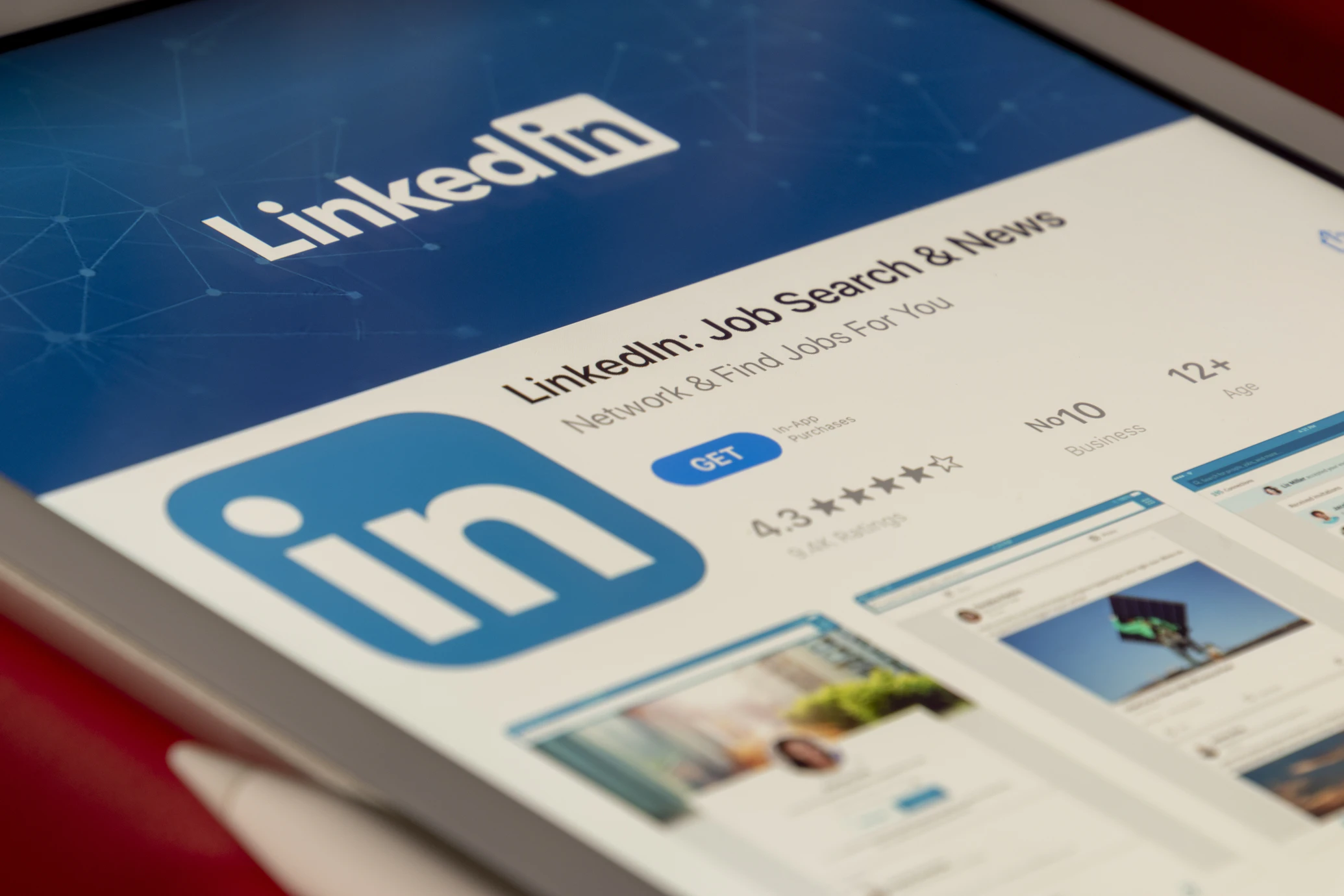
LinkedIn for Law Students
February 21, 2022
Clear the Lobby: What Laws are MPs voting on this week? W/C 21st February 2022
February 23, 2022For many people, buying and owning a home is a major purchase and decision. Whether you’ve been saving for years or you’ve just come up with the idea, it’s a big deal. It’s critical that you do as much research as possible before making any decisions about your future home, including how you’ll pay for it. When it comes to making a payment, the word “mortgage” comes to mind first. Buying a home usually necessitates some form of loan, and a mortgage is one such option. With the help of a mortgage ai, you can get this done in a jiffy.
Consider the legal ramifications of taking out a mortgage while you’re deciding between crown molding or popcorn ceilings and carpeting or hardwood floors. We all know that buying a house will cost more than a few months’ salaries, and in order for a bank or other financial institution to lend you that much money, you must provide security on both ends as the buyer of the house and as the lender. When it comes to home lending, there are a few things to keep in mind.
Prequalification vs. Preapproval: Which is better?
Prequalification and preapproval are not synonyms, even though they appear to be. Prequalification for home lending is a process in which you provide financial information and receive an estimate of how much money you might be able to borrow and what kind of rates you might be able to get. A mortgage ai or your bank may be able to assist you in this process. First, you and your lender will need to get to know each other a little better.
A preapproval, on the other hand, indicates that you have already applied for a mortgage with your lender. For a loan to be approved, your lender will first verify your information and then let you know how much they’re willing to lend. One of the advantages of having a preapproval letter is that sellers and real estate agents will know that you’re a serious buyer. This article is helpful in knowing how to verify your income if you are self-employed.
Fear of Foreclosure
Foreclosure is the procedure by which your lender regains possession of your residence. If you can’t afford your mortgage payments, your lender has the right to repossess your home, no matter how many fond memories it holds or how much personal property you’ve accumulated there.
All parties involved are concerned about this situation. Because of this, it is critical that you take out a mortgage that is tailored to your needs, your lifestyle, and your budget. As a result, it is critical to pay attention to the stages of prequalification and preapproval. Additionally, you must take into account the method of payment that you will use to repay the loan. Fixed-rate and adjustable-rate mortgages are the two most common types of home loans. You should weigh the advantages and disadvantages of the two options and consider which is best for you and your long-term goals for your house.
Keeping an Eye on the Lender
Don’t assume that you are solely responsible for your own well-being. The law also protects the lender, so keep that in mind. A few legal safeguards are also afforded to you by your bank or financial institution, which will be lending you money. You should keep these in mind.
- The right to evict.
- The right to sue and sell is up for grabs.
- To sue for mortgage money.
- Without a court order, the right to sell.
- The right to spend money.
- The right to the mortgaged property’s transfer.
- Ownership rights.
To make the best home lending decisions, spend some time going over all of these legal proceedings and legal protections that you and your lender have!




